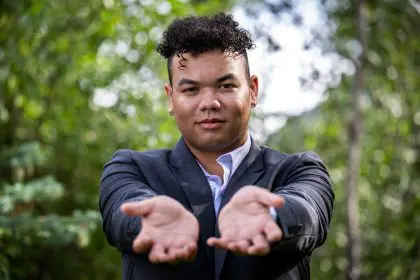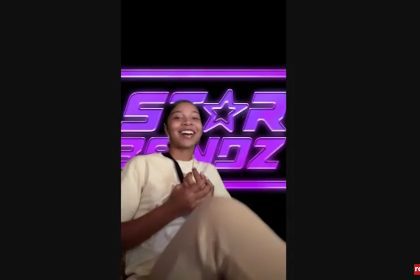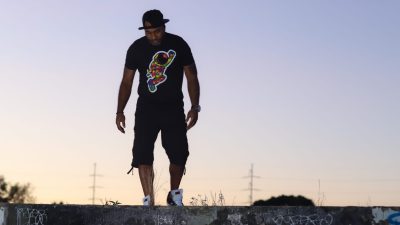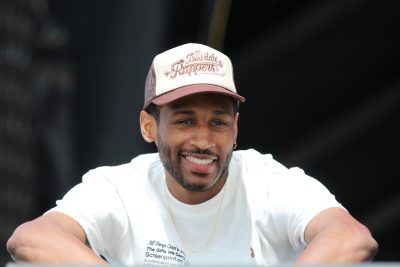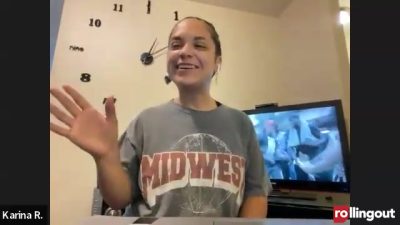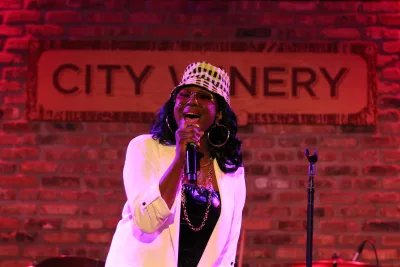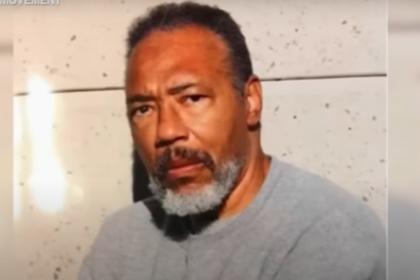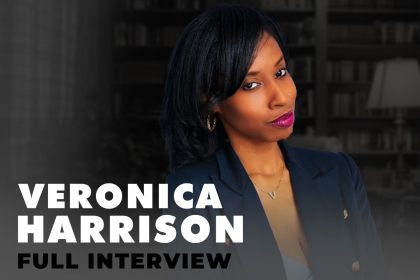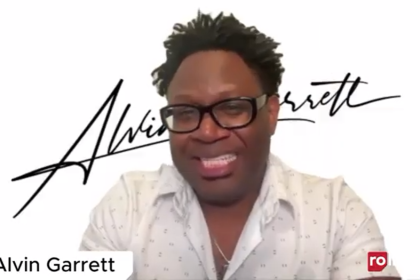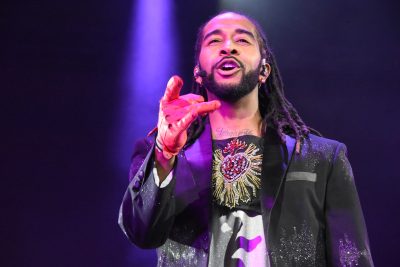
Music in this millennium has morphed into a stew of many different styles. Genres are being blurred and artists are consistently fighting their way outside of the proverbial box that they do not wish to be trapped in. Obisoulstar will never be accused of being boxed in. His style is reminiscent of Fela Kuti and Jimi Hendrix. His sound is soul steeped in African tradition. We spoke with Obi about his music and the religion he has created through his music genre, Afrorock.
Tell everyone who you are.
My name is Obisoulstar, an artist and producer from Chicago.
Tell us a little about your background and how it helps to inform your music.
I was born in Chicago, but raised in West Africa, Nigeria. I did most of my education and little bit of military spending 13 years there. I got into music at a very young age, from singing in a junior choir in church to mimicking my first idol — Michael Jackson. My mom’s favorite story to tell anyone who would listen is when I was around 8 or 9 years old, I would put a little water in my hair so it [would] look like Jheri curls, then slip on my white glove, which was actually an old sock. Then I would bust into my moves for who ever will watch.
I have been fortunate to share the stage with the likes of Reggae Legend Beres Hammond, Grammy-nominated artist Kem, Teedra Moses, Eric Roberson, Les Nubians, Sy Smith, Kindred the Family Soul, Bell Biv Devoe, Tortured Soul, Rashaan Paterson and a host of others. I formed my lane, movement and sound, which is called “Afrorock Religion.” This to me means the merging of two unlikely things making them become one beautiful unit. When I perform and look out to the crowd and see all races, [genders] and creeds, that to me is Afrorock Religion. Watching my audience let loose and escape through the music, that is Afrorock religion.
What was it like growing up in West Africa?
I was very fortunate to be raised in Nigeria, as I believe it gave me a sense of self and was very grounding. My father was one to raise his kids to be self-sufficient and that has stayed with me till this day. Growing up and being able to see legends like Fela Kuti and King Sunny Ade perform in their prime was life-changing for me and helped cultivate the sound I have today, which is a fusion of soul/ funk /afrobeat/ rock.
What are the biggest misconceptions that Americans have about Africa?
I think the biggest misconception Americans have about Africa is that Africans are ignorant and uneducated. But on the contrary, Africans are very smart and even with the lack of certain resources, still sustain. The educational system in Nigeria is very high and Nigerians are some of the most educated groups of people you would ever come across.

Why is pursuing your art important to you?
My art is therapy for me and I put all I have into it, which make it immensely important to me. Music is such a universal language and a vehicle to communicate any message or call to action, its powerful.
What are you expecting to accomplish through your music?
Bringing good music to the masses, promoting love and unity which is what Afrorock Religion is all about on a grander scale would be my ultimate accomplishment
Name three artists that have had a significant impact on what you do and why?
It’s hard to narrow it down to three but if I must … I’d say Fela Kuti, Prince and Lenny Kravitz.
Fela held back nothing when it came to speaking about police brutality and injustice, poverty and the currup nature of the Nigerian government. His music made you thing, plus he was the originator of afrobeat music, which is what my sound is based on. Prince, I don’t even know where to begin. He was an absolute genius in his songwriting, musicianship and performance. Lenny Kravitz is just a cool cat. I love not only his music but also his swagger and everything about him. I might idolize him just a little too much. But he is definitely one I would love to perform with or even meet. It’s on my bucket list.
Describe your creative process from the moment your write a song to when you record it.
My process differs from song to song. Sometimes it starts with me just writing lyrics, then the music comes later or the other way around. Typically I hear the music in my head, drums, keys, guitar and horns and sometimes this could be while I’m asleep. So I have to wake up and beat box it onto my iTouch or if it were lyrics I do the same thing. Then I would structure the lyrics then off to the studio to create the music. Sometimes, I get the band together and tell them the parts to play then they fine-tune it and voilà — we have a song.
What is next for you?
Everything great. I strive for greatness and to achieve my full potential. Bringing more music on a larger level and ministering through music.
What encouraging words do you have for our readers?
We truly have to care about one another; the simple good goes a long way. My father always would say, “Where there is life, there is hope”. So as long as we are alive, lets continue to make change. Change comes with action, determination and love. That is the Afrorock religion movement.

